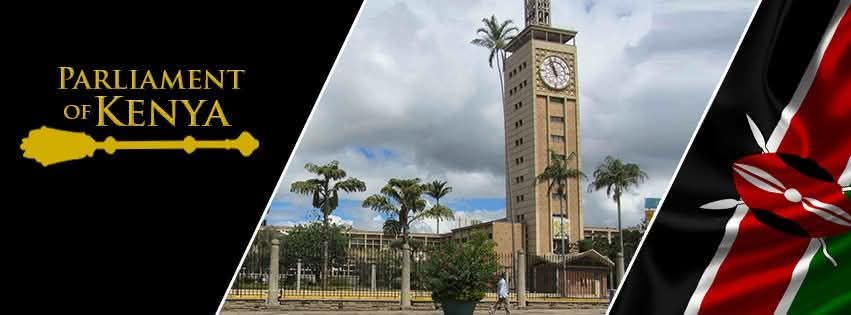By Derrick K’ogayo.
After all is said and done; this is my personal opinion about our leaders.
It’s time we get realistic about how political leaders handle people who are tasked with protecting them—specifically bodyguards and drivers. These women and men work long, hard hours in very sensitive environments, yet many of them face difficult and mostly overlooked conditions.
There are those who cannot afford to satisfy their basic needs. Others return to substandard housing after spending a day protecting high-profile figures. These are not just workers—they are human beings with families, emotions, and personal limits. When support systems fail them, even the most devoted individual can break under pressure and betray their master.
The manner in which the late Hon. Were lost his life should be an eye-opener. Bodyguarding is not solely taking a course at Kiganjo or ATPC. It takes emotional intelligence, discipline, discretion, and perpetual situational awareness. Likewise, VIP driving is not entirely about avoiding accidents; it is understanding risk, performing under pressure, and ensuring the principal’s safety every inch of the way.
Additionally, political leaders must be very careful how they’re signing tenders and deals. There are many disappointed contractors outside here who have been defrauded by political leaders and silenced because they lack wherewithal to fight them— these frustrations could be channeled into violent behaviours against these leaders. Nobody is above vengeance. Leaders must learn to close deals and be honest with their subjects. If they want to be brokers or business people, they should resign. They have high affinity of manipulation and conning investors something that doesn’t sit well with the victims. These expose them to security threats and put their lives in danger.
Still at it with the security issue, sadly, the way some security staff are treated is far less than what is acceptable. From being expected to use public transportation while armed—a practice the Government Standing Orders (GSC) expressly forbid—to being asked to run personal errands well beyond their line of work, these men and women are often pushed beyond the reasonable or safe.
There is also a pressing need to revisit recruitment and deployment criteria. VIP protection needs to be handled by well-trained professionals, preferably from elite units such as Recce, with regular refresher courses to ensure their proficiency. Parliament allocates funds for security—these need to be spent sensibly to ensure professionalism and dignity throughout.
Leadership is not a right; it is a duty. It demands integrity, empathy, and accountability. Those who serve and protect must never be made to feel invisible. They must be given respect, professional support, and decent working conditions.
Security does not come after the fact. It is a cornerstone of good governance. And loyalty, once lost, is difficult to restore. It’s time we invest—not just financially, but morally—in the men and women who put their lives on the line for our nation’s leaders.
Change or perish all!


